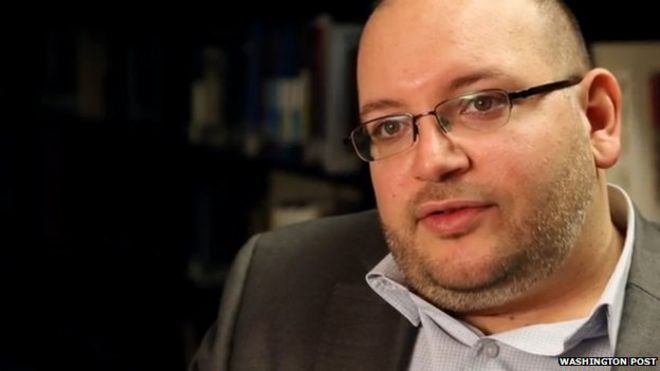Iran Cheating — And Not Retreating
By Christopher S. Carson,FPM
Which is the greater cave-in—cutting a terrible nuclear deal with Iran, or letting it flout the terms of even that deal? The question is now academic.
Let’s revisit the anticipated “Comprehensive Agreement on the Iranian nuclear program,” struck in outline form back on April 2nd and supposed to be finalized by June 30th. Foreign Minister Zarif announced at the time, “No agreement has been reached so we do not have any obligation yet.”
We should be so lucky. Under the deal, nothing will be done to stop Iran’s exporting of terrorism and its drive to dominate the Middle East, including its giving Hamas (a Sunni terrorist group) millions of dollars to re-dig new terror-tunnels in Gaza. Hamas’ Fedayeen use the tunnels to attack Israeli citizens.
Iran was supposed to stop all uranium enrichment. Now it gets to keep enriching, but only to 3.67% purity. Iran is now “required” to reduce its stockpile of already-enriched uranium to 300 kg., over 15 years. It promised a month ago to give the remaining 10,000 kg. to Russia. Sounds great, but not even three weeks later, Iran’s Deputy Foreign Minister Nabas Araqchi told the Iranian media that there is no question of sending the uranium abroad—it won’t happen. Apparently Iran will get to keep its 10,000 kilograms of enriched uranium after all.
Iran had promised in April to take down most of its 19,000 spinning centrifuges, leaving 6,104, mostly at Natanz, left to potentially enrich for 10 years. But this is basically a cosmetic change. The foreign minister says that under the deal, Iran isn’t barred from upgrading its centrifuges to the advanced IR-8 type. Since this new type enriches uranium 20 times as fast as the existing IR-1 centrifuges, is Iran slowing down its enrichment? You do the math.
The Islamic Republic has a secret underground enrichment facility at Fordow. Will it be blown up by UN inspectors? No, it gets to keep going with 1,000 centrifuges, for “research.” Research into what? Iran doesn’t have to say.
Iran also has a heavy water plant that makes plutonium at Arak. You don’t need plutonium if all you want is a “peaceful” nuclear program—you can use uranium enriched to small levels. This is why Iran’s intentions are not peaceful—they have always strenuously insisted on keeping Arak open for plutonium-business.
Shutting down Arak was always a prime goal of the P5+1 group of Western nations. Even though Arak could make enough plutonium for a few bombs per year from its heavy water, the P5+1 nations, led by President Obama, now say to Iran, “If you like your plutonium, you can keep your plutonium.” Just don’t make quite so much at Arak.
Finally, the West was supposed to be allowed to inspect all Iran’s nuclear facilities, including its supply chains, “anywhere, anytime.” But Iran has said that its military sites are exempt. This is not a question of whether inspectors could go anywhere and inspect anything: they won’t be able to, even on paper, so long as the military is involved.
Iran cannot be trusted to comply even with this wretched deal. Just this week, the British government informed the UN sanctions panel of Iranian cheating. It cited an example of an unnamed member state saying that an Iranian entity had recently attempted to acquire compressors, a key component in the uranium enrichment process, using false end-user certificates in an attempt to evade controls.
For the Western allies, Iranian compliance will be, at best, “the substance of things hoped for, the evidence for things not seen.”
Christopher S. Carson, formerly of the American Enterprise Institute, is a lawyer in private practice in Milwaukee.




 . Good grief.
. Good grief.






